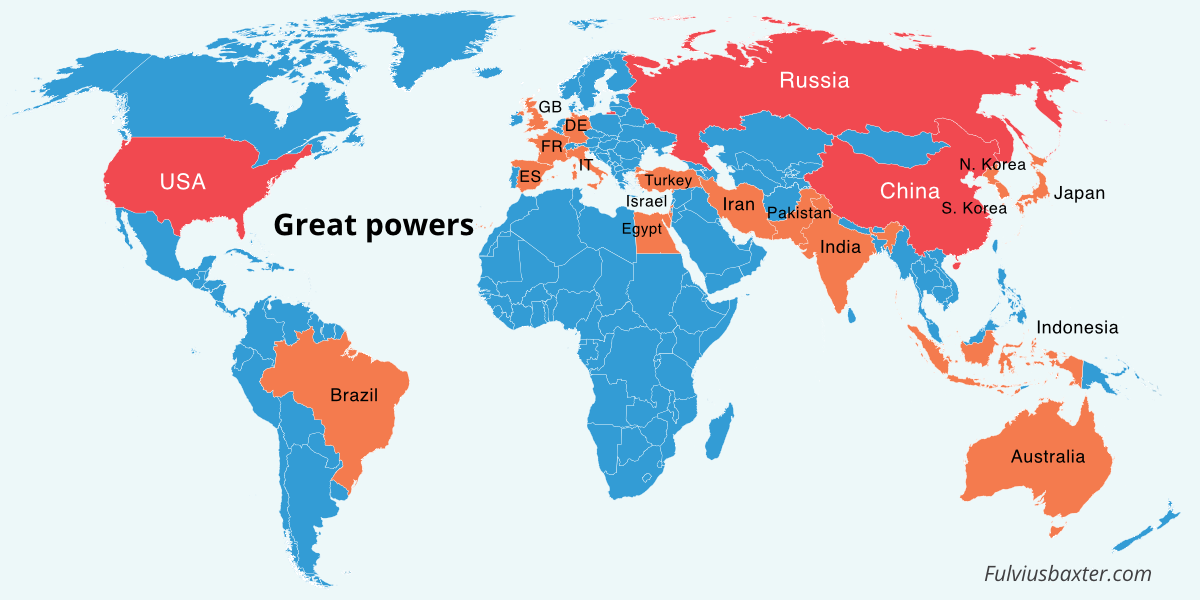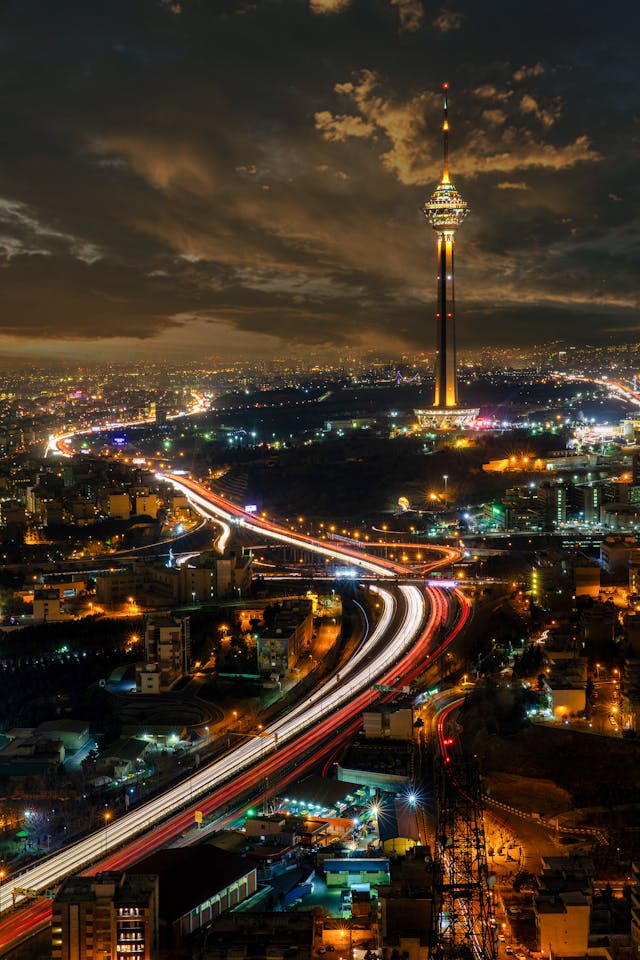 There is much to complain about in society, often including ideologies and systemic failures. It’s almost as if we want to elevate the problems so high that it seems unreasonable for a simple person to solve them. Maybe it feels better? Maybe it’s a way to avoid potential liability? And I am the first to admit my guilt. But there are also a lot of things you can do something about. Here is a list of some problem areas and overly simple solutions.
There is much to complain about in society, often including ideologies and systemic failures. It’s almost as if we want to elevate the problems so high that it seems unreasonable for a simple person to solve them. Maybe it feels better? Maybe it’s a way to avoid potential liability? And I am the first to admit my guilt. But there are also a lot of things you can do something about. Here is a list of some problem areas and overly simple solutions.
Food craze
There is a plethora of chef and cooking programmes. They teach you how to compose (often exotic) dishes and pair them with expensive wines. Magazines and blogs are full of recipes and food tips. From Asian to Cajun or Venetian tapas, the trends are endless. As well as various diets that favour either vegetarian or meat and fat. It’s almost as if we forget that there are other values in life than standing by the grill or stove. Sure, it’s good. But what about eating less? And especially cutting down on sugar, sweets, snacks, etc? The Western world’s excessive focus on food and eating is ultimately disgusting. Gluttony was once considered a sin. There are other things to do than eat.
Consumerism
It is fun to buy new things, collect, sort and admire. We have been hunters and gatherers for 100,000s of years, and without being too gender-orientated, it was women who were mainly responsible for the gathering. And perhaps it’s not surprising that almost all consumer advertising is aimed at women. A few hundred years of industrial society can hardly wash away millennia of gathering habits. And as I said, it’s fun to buy, but it’s also fun to acquire other interests than wandering around the shopping malls and eating and drinking (see the point above about food craze).
Sports phobia
Many sports today are not suitable for the average person; we see downhill skiing, mountain climbing, marathons, mountain hiking, sailing, paragliding, surfing, etc. etc. Often it involves buying lots of expensive equipment and travelling. Even cycling now requires the purchase of a sophisticated and expensive piece of equipment, which can hardly be stored outdoors. And weight training is now associated with expensive membership fees, sophisticated machines and sometimes even private trainers. Often the activities are showcased on social media. It becomes a competition in extremism. Many people lose interest before they even start. What happened to walks or simple short jogs around the neighbourhood? Just because you can’t afford a mountain hike in the Pyrenees doesn’t mean you can go for a walk. Go outside; if it rains, take your umbrella.
Media stress
We consume media and read news instead of novels, biographies, poetry or anything else. And why do we do this? Is it important to know what is happening on the other side of the world? Didn’t Putin limp at the summit last week? Don’t you feel sorry for Harry and Meghan? And why is Macron wearing a watch worth 80,000 €? You know what I mean, it’s not even news anymore, it’s a story directed to amuse and disturb. And very often they leave out details that don’t fit the zeitgeist. At the same time, local news reporting has become worse and worse. And this is what we should really be interested in, what is happening around us, because we can influence and engage with it. Worrying about the coral reefs on a South Sea island only creates bad stress, because there is absolutely nothing we can do about it. Unless we make the island our region, by moving there. Ignore the ding-ding news, care about the neighbourhood.
Time thief
Many people spend hours travelling back and forth to work every day. They commute here and there. You are stressed and short of time. Travelling to and from work steals large parts of people’s lives, time they could have spent with their children, their partner, or their hobbies. And of course it’s completely pointless, but we do it anyway. There is a point in either moving closer to the workplace or looking for a job in the neighbourhood, even if it means slightly less pay. You gain many hours of quality time by living close to work, or even having your workplace at home. Calculate how many hours you commute daily and multiply by the number of working days in a year, as well as how many years you work until retirement. It adds up. A 300-450 hour commute per year is not uncommon. But there’s a silver lining: after the coronavirus, working from home in whole or in part became more common. Anyone who puts extra effort into shortening or eliminating their travelling time has a lot of quality of life to gain.









